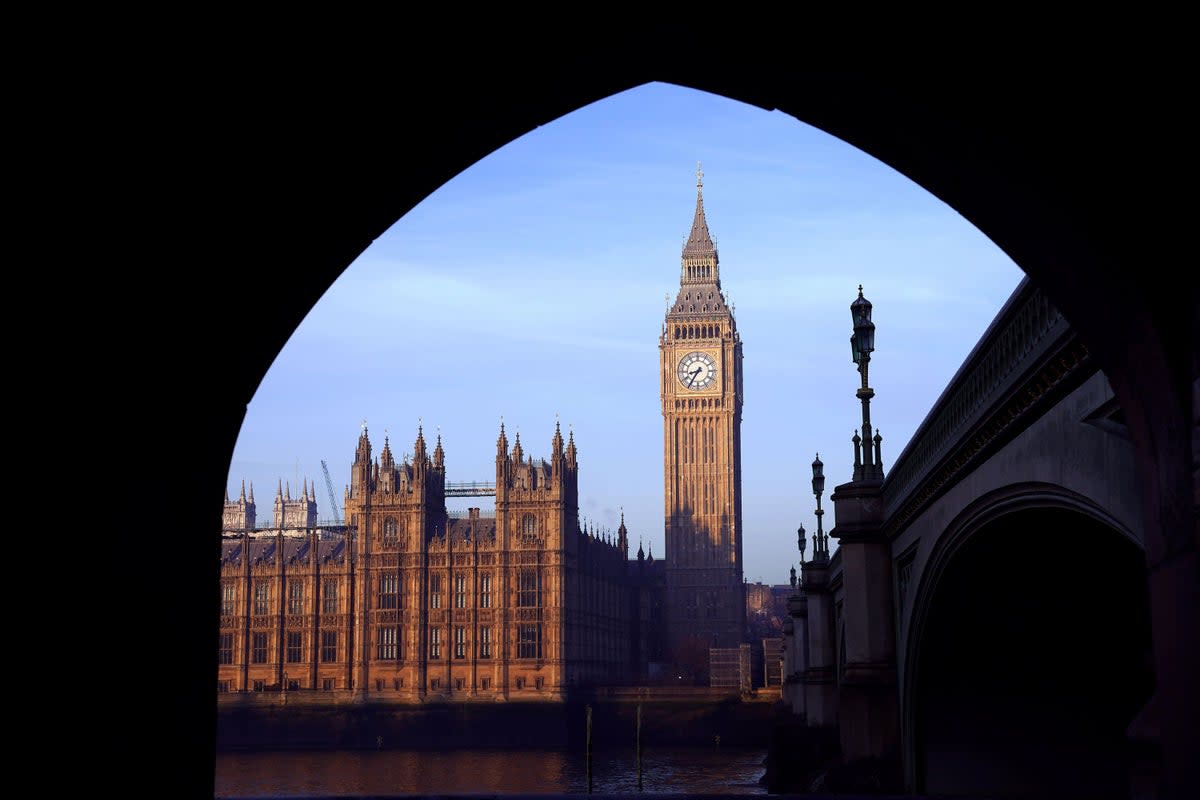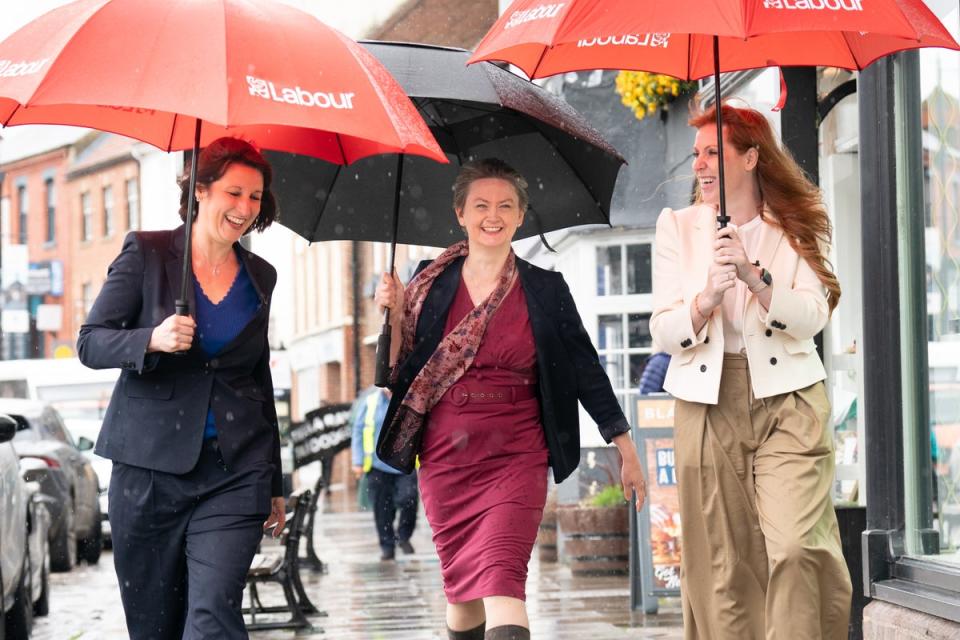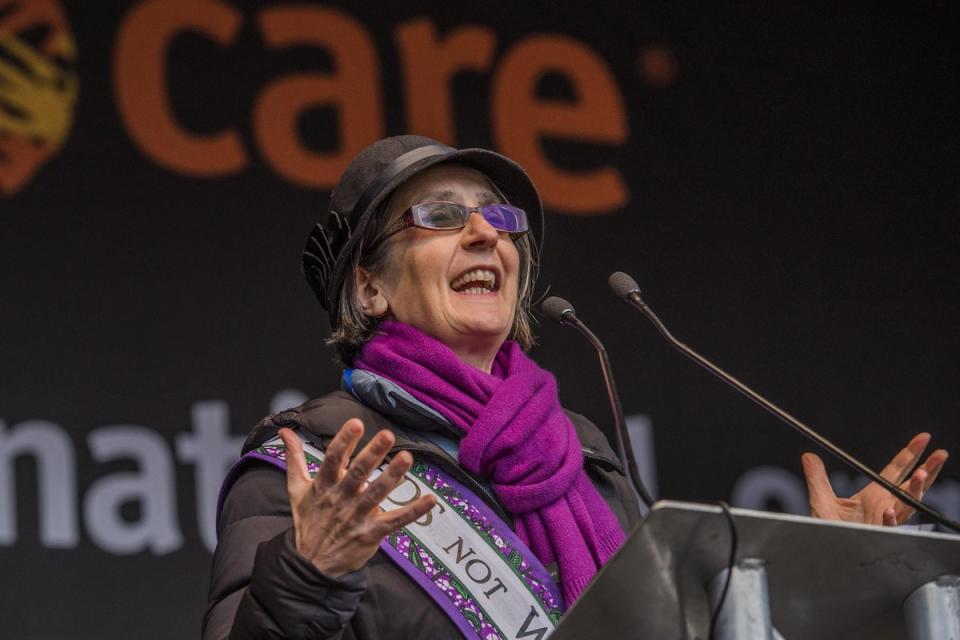Number of women parliamentary candidates sinks to 30 per cent

The number of female parliamentary candidates vying to become MPs at the general election has sunk to 30 per cent – sparking criticism women are not properly represented by the political system.
New figures show the number of women candidates has fallen by four per cent since the last election, according to figures by campaign group 50:50 Parliament.
Lobbyists said they took action to boost the number of female candidates but the proportion is much lower than they expected - adding this is partially due to the increase in Reform candidates who are mostly men. Women make up less than a fifth of their candidates.
Lyanne Nicholl, chief executive of 50:50 Parliament, said: “We have around 34 million women and girls in the UK and a vast pool of talent within that number.”

She noted there were only 226 female MPs during the last parliament which meant there twice as many men than women.
“To prevent this becoming an ongoing issue for future parliaments, we must address now any obstacles for women in the candidate selection process,” she added.
“Men still dominate the corridors of power, and without rightful representation, women’s views and perspectives will continue to be missed. We need to put pressure on each party to reach equal representation, and women’s voices and lived experiences need to inform decisions that will impact women in the UK.”
We are 51 per cent of the electorate and representation matters.
Professor Helen Pankhurst
Campaign groups Centenary Action and 50:50 Parliament have demanded all political parties regularly release their candidate selection data to boost transparency.
Professor Helen Pankhurst – granddaughter of socialist feminist writer Sylvia Pankhurst and great granddaughter of suffragette Emmeline Pankhurst – told The Independent: “Irrespective of where we end up with the percentage of women in parliament, the fact only 30 per cent of candidates are women in this day and age is unacceptable.”
Men still dominate the corridors of power, and without rightful representation, women’s views and perspectives will continue to be missed.
Lyanne Nicholl
Professor Pankhurst, founder of campaign group Centenary Action, added: “We are 51 per cent of the electorate and representation matters. We need to make sure women in all their diversity are involved in political decision-making.”
The campaigner warned “you can’t be what you can’t see” as she argued men treat women differently when they are there in equal numbers.

“Their assumptions change and the policies we see when women are not at the table are deficient and defective because they overlook their interests,” Professor Pankhurst added.
It comes after research recently found women constitute only a third of local election candidates in England. Research, by the Fawcett Society and Democracy Club, discovered 34 per cent of local election candidates are women, just 26 per cent of police and crime commissioner candidates are female, while only 27 per cent of mayoral candidates are women.
David, John, Paul, Mark and James were the top five most common first names of local election candidates.


